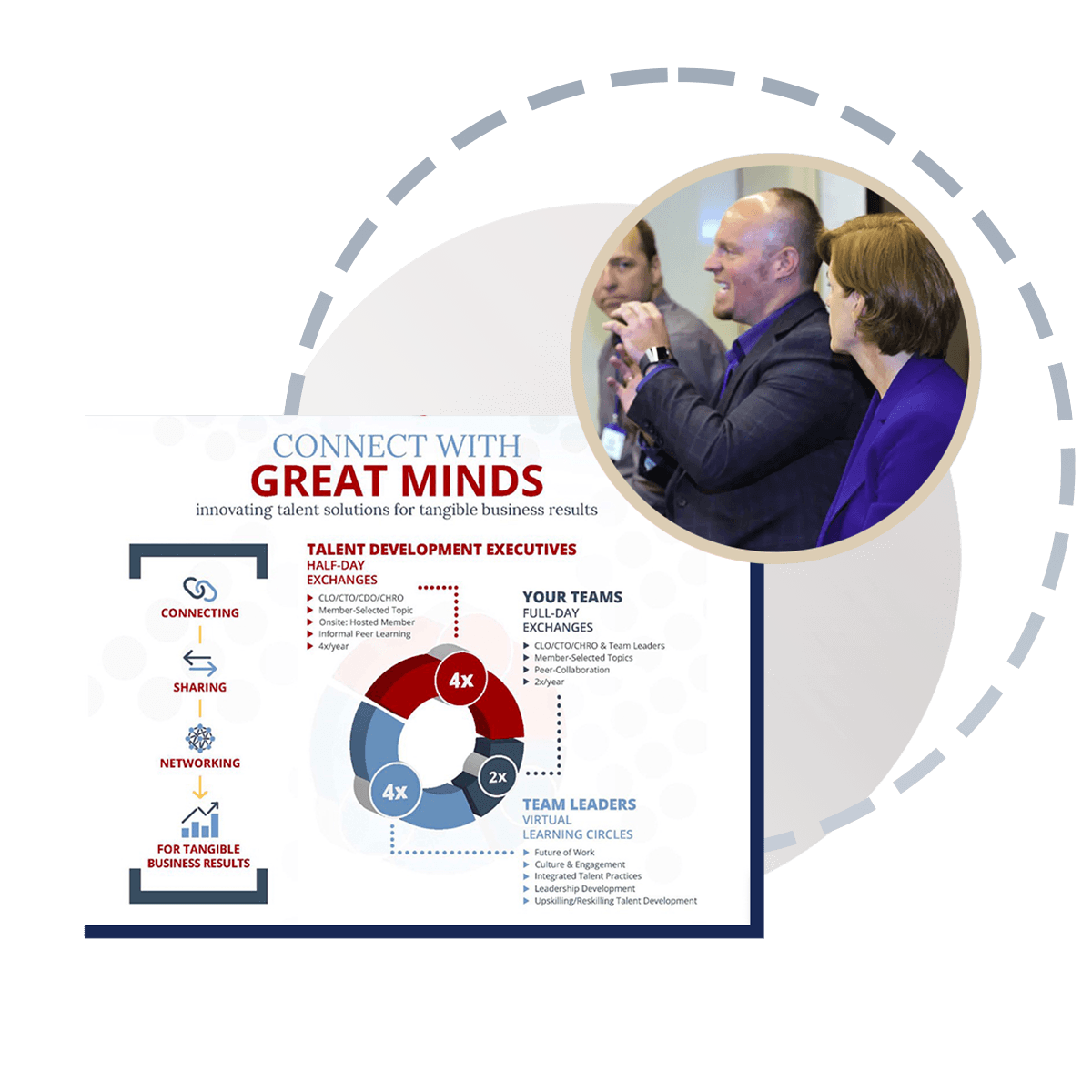This highlight video is from January 17, 2025 session 2025 Talent Trends: AI, Skills, Metrics, Leadership, and Business Impact.
Session Focus: Examines the key talent trends impacting organizations in 2025.
The world of work is rapidly transforming, driven by technological advancements, economic shifts, and evolving workforce expectations. Together, we'll ensure our 2025 programs are aligned with your needs, helping you and your teams stay ahead of the curve and drive lasting success in the year ahead.
 Image Source: AIHR
Image Source: AIHR
This session provided a profound exploration into the intersection of technology and human resources, underlining the critical role that AI will continue to play in shaping the future of work. As we enter this new era, several key themes have emerged that are reshaping the HR landscape:
- The Integration of AI in HR Practices: AI isn't just about automation; it's about augmentation. AI technologies are enhancing the ways we engage with and manage talent, from personalized learning experiences to advanced analytics that predict workforce trends.
- Continuous Learning as a Core Strategy: The pace of change dictates a shift toward continuous learning environments. HR leaders are now tasked with creating frameworks that support ongoing professional development to keep pace with technological advancements.
- Leadership in a Dynamic Environment: The session highlighted the necessity for leaders who can navigate the complexities of a rapidly evolving business landscape. Leadership development must focus on agility, resilience, and the ability to lead through change.
Key Takeaways:
- Strategic Alignment of HR and Business Goals: It's imperative that HR strategies align closely with overall business objectives, leveraging AI and analytics to drive decision-making and demonstrate HR's impact on business performance.
- Adaptability and Resilience in Leadership: Developing leaders who are adaptable and capable of managing change is no longer optional but a critical requirement.
- Fostering an Agile Learning Culture: As the skills required to succeed evolve, creating a culture that promotes continuous learning and adaptation is essential.
Practical Actions for HR Leaders:
- Implement AI-Driven Analytical Tools: Utilize AI to develop deeper insights into talent management and operational efficiency. Tools that can predict turnover, assess skill gaps, and provide data-driven recommendations will become invaluable.
- Develop Robust Metrics for HR Impact: Establish clear, measurable outcomes for HR initiatives to validate their effectiveness and adjust strategies in real-time.
- Enhance Leadership Development Programs: Focus on programs that enhance emotional intelligence, digital literacy, and strategic thinking to prepare leaders for the challenges of tomorrow.
This discussion has underscored the importance of embracing innovation, strategic foresight, and continuous adaptation in HR practices. As senior HR talent leaders, your role in steering these initiatives will not only shape the future of your organizations but also define the future of work itself.
Let's continue the conversation on how we can integrate these insights into our strategic objectives for a transformative 2025 and beyond.
 Image Source: AIHR
Image Source: AIHR